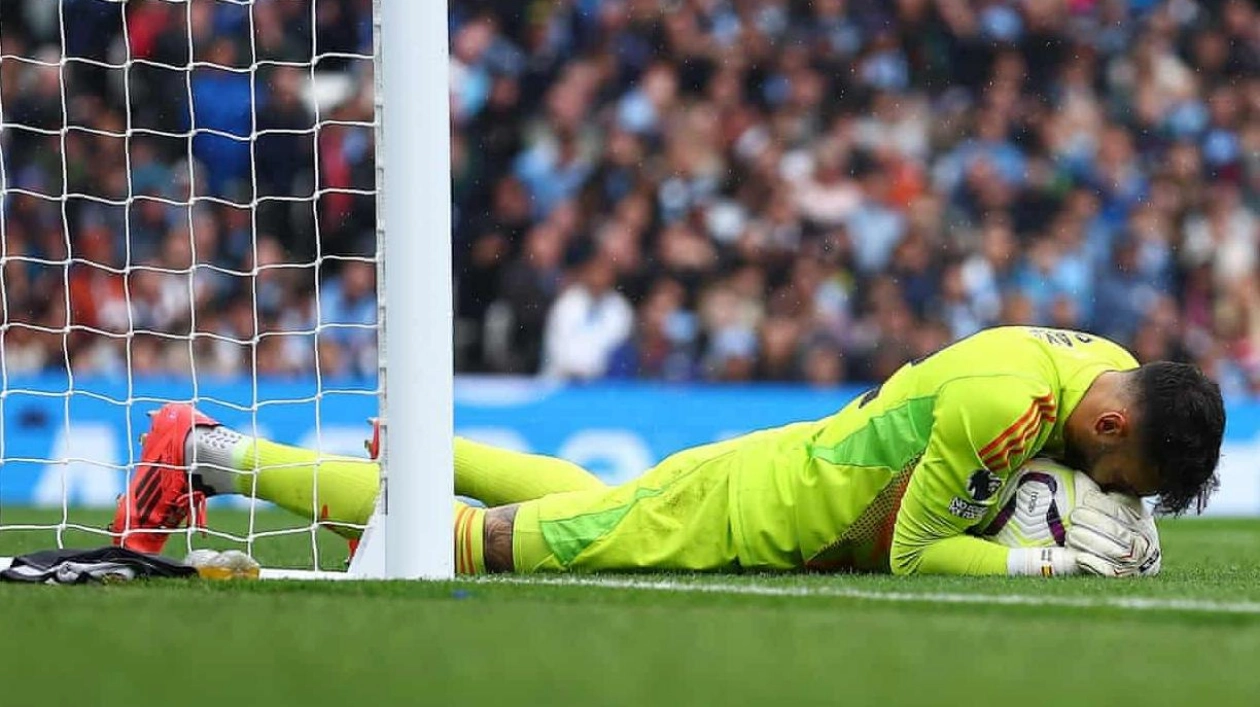In the golden era of football, specifically from 1989 to 1992, Cambridge United embarked on an improbable journey from the Fourth Division to the brink of the inaugural Premier League season. Their dreams were dashed by a playoff defeat to Leicester, effectively ending their realistic chances of reaching the Promised Land™. From my vantage point in the Junior U’s enclosure, I was oblivious to most of the action, fixated solely on the goals scored by Dion Dublin and John Taylor. Little did I grasp the intricate tactics employed by manager John Beck to thwart the opposition.
Beck hailed from the POMO school, emphasizing Position of Maximum Opportunity. His strategy was straightforward: launch the ball, mix it up, and exploit the channels. Some accounts even suggest he offered cash bonuses to players who kicked the ball the farthest. This approach was wildly successful until it wasn’t. Beck also made life miserable for the opposition. He manipulated the thermostat in the away dressing room, filled the pitch corners with sand, and moved the away dugout near the corner flag. He even provided the opposition with soaked footballs for warm-ups and used the under-18s to pre-damage the pitch before away games.
These tactics, unnamed in the 90s, would now be celebrated as the Dark Arts. Beck’s methods are a testament to football’s past, making it perplexing that Mikel Arteta has been accused of reinventing them during the second half at the Etihad. The Dark Arts have evolved with time—Arsenal likely brought their own footballs to Manchester—but their essence remains unchanged. Time-wasting, a staple of football, is best observed in pre-backpass rule games. Arsenal merely slowed the game down, a reasonable tactic given their lead and numerical disadvantage against the best team in the country.
Goalkeepers, like David Raya, have become masters of time-wasting, eliciting growing frustration with each slow-motion collapse. They are the push puppets of the TikTok generation, making Ederson crumple with a press of a button. Goalkeepers are uniquely positioned to waste time; one could cook a basic carbonara during the delay between a ball going out and Nick Pope taking a goal-kick if Newcastle is protecting a lead.
The Dark Arts imply secrecy. The 70s and 80s featured two-footed lunges, ankle rakes, and unseen fouls. Were these simply “The Arts”? Holding the ball for a throw and letting it roll down one’s back feels less egregious than breaking someone’s jaw. Fans often direct their frustrations at match officials, absolving players and managers of responsibility. Laws aim to curb game management, but kicking the ball away remains prevalent. Referees could enforce the six-second law, but the internet’s outcry for consistency and common sense would be deafening.
A 2020 textbook, Football Dark Arts, offers “outrageous gamesmanship to help you and your team win matches.” It dedicates 52 pages to time-wasting, 20 of which focus on goalkeepers, before delving into abusive dark arts and Reckless Deceptions, including acronyms like BOTT (Boot Over the Top) and LOBO (Leave a Bit On). The intro is all I could access, so I can’t detail the “Pushing Buttons: Other Body Parts” section. However, as someone who experienced a finger up the bum during a game, I’m unsure how much explanation is needed.
We are hypocrites in all aspects of life, especially in football. We want our team to win at any cost, enjoy basic cheating if it benefits us, and despise it if we’re on the receiving end. We relish “scenes you really don’t want to see” at the elite level but detest the idea of our kids replicating such behavior. The last truly successful team to play by the rules might be Real Madrid with Pepe and Ramos, or Sir Alex with his unwavering commitment to respecting referees. Liverpool in the 80s, with Graeme Souness as the last top-flight midfielder never to commit a foul, or Leeds in the 70s, whose kits remained pristine even on those pitches. The list is short—perhaps nonexistent.






